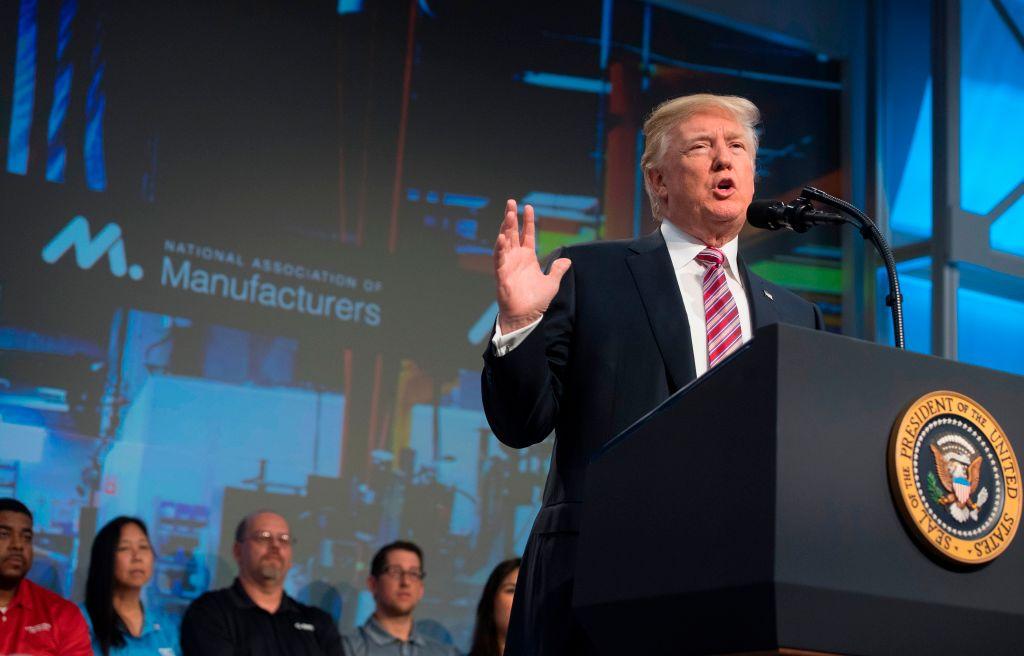Due in part to the existing tax code, the United States has lost about 4,700 companies and $510 billion in business assets in the last 12 years, according to a study released by advisory firm Ernst & Young (EY) on Sept. 19. The country has the highest corporate income tax rate among developed nations and applies a worldwide tax system.
The United States adopted the lowest corporate tax rate among the world’s advanced nations in 1986, when President Ronald Reagan signed tax reform into law. Since then, however, many countries followed suit and slashed corporate taxes aggressively.





